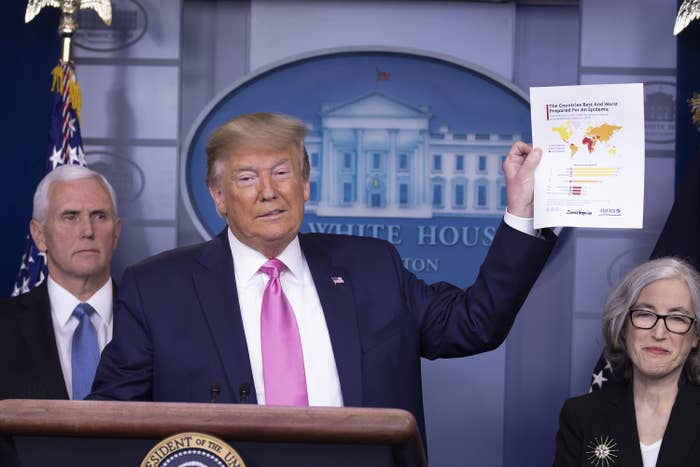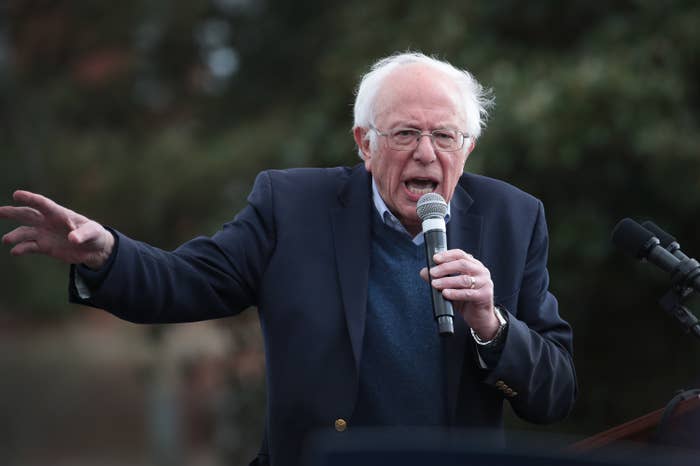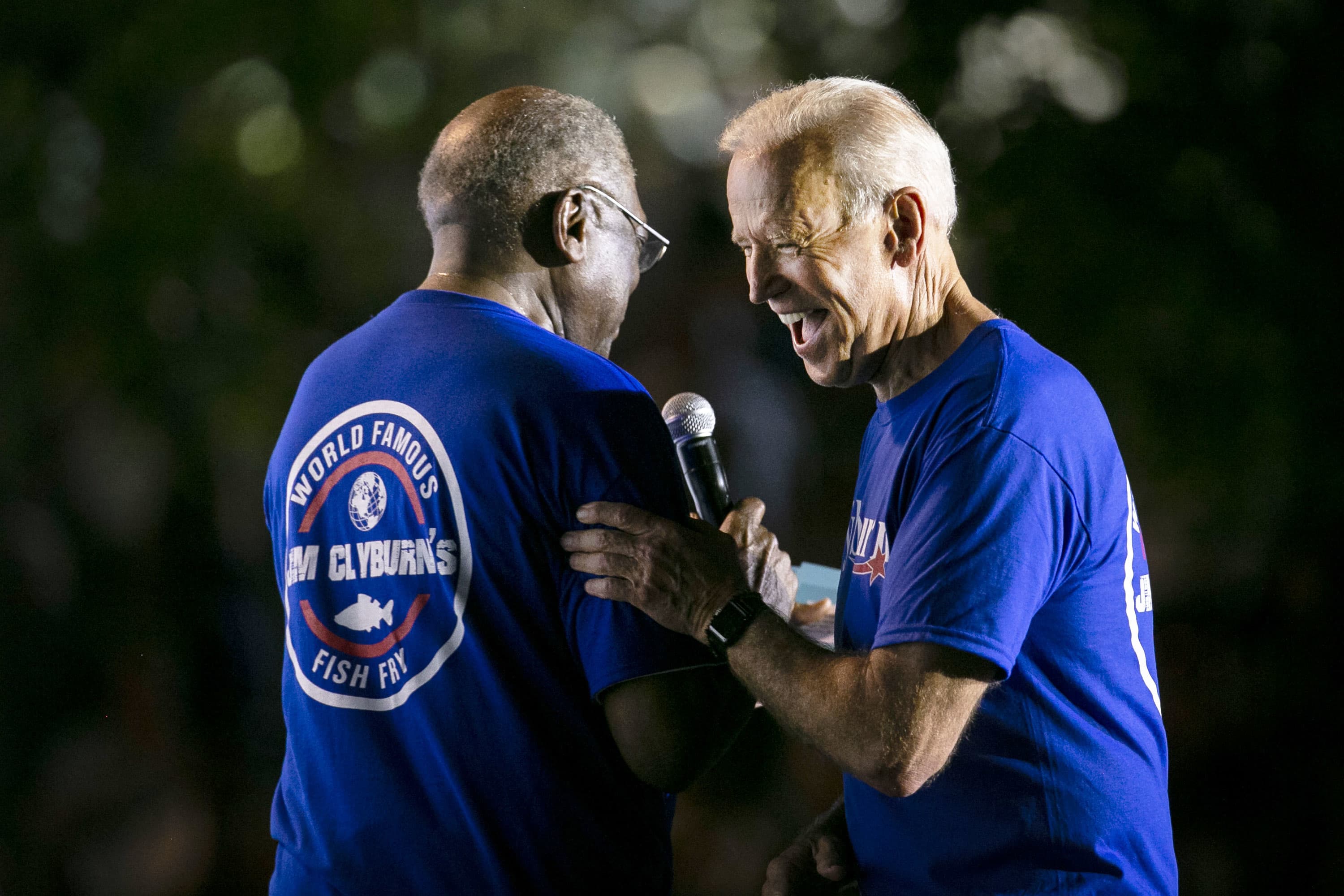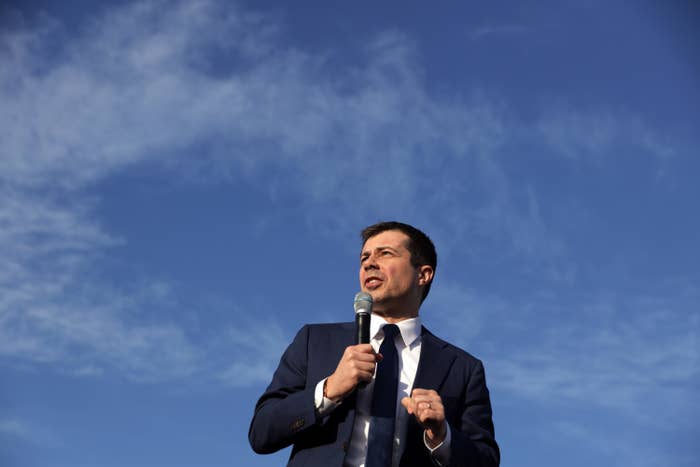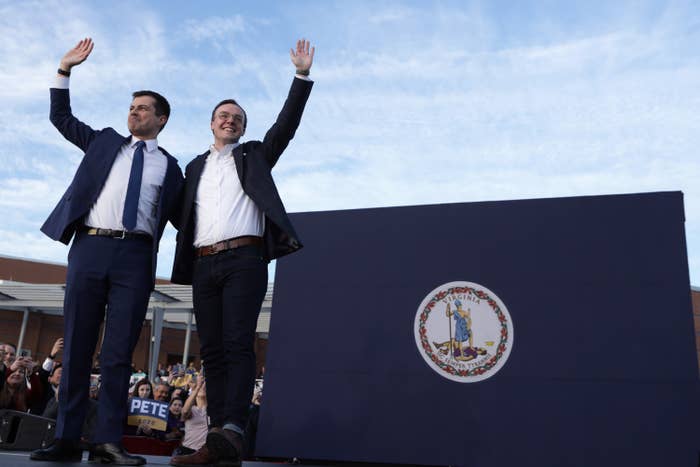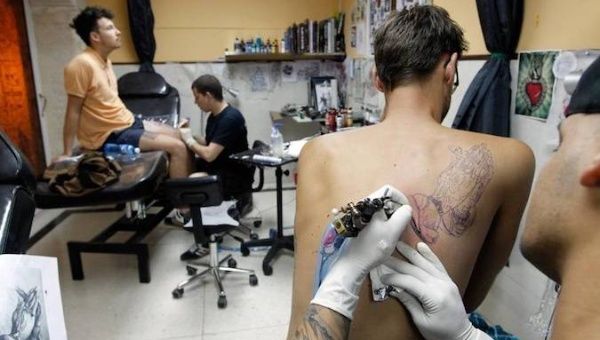Judge rules Ken Cuccinelli was unlawfully appointed to head U.S. immigration agency

Deputy Secretary of Department of Homeland Security Ken Cuccinelli makes remarks at the Conservative Political Action Conference (CPAC), Friday, February 28, 2020, in National Harbor, Maryland. Thousands of conservative activists, elected officials and pundits gathered to hear speakers on the theme "America vs. Socialism". Photo by Mike Theiler/UPI | License Photo
March 1 (UPI) -- A federal judge on Sunday ruled that Ken Cuccinelli was unlawfully appointed to his position atop the agency responsible for processing U.S. immigration requests and invalidated a pair of his directives.
Advocacy groups last year filed a lawsuit challenging Cuccinelli's role as acting director of the U.S. Citizenship and Immigration Services and asking that asylum policy he instituted after taking office be reversed.
The suit stated that Cuccinelli didn't satisfy legal requirements to serve in the role under the Federal Vacances Reform Act.
U.S. District Court Judge Randolph Moss ruled that Cuccinelli was not lawfully appointed as acting director of the USCIS in 2019 because the position of principal deputy he assumed before taking the role was not a "first assistant" job as outlined in the Federal Vacancies Reform Act of 1998.
"Under that commonsense understanding of the meaning of the default provision, Cuccinelli does not qualify as a 'first assistant' because he was assigned the role of principal on day-one and by design, he never has served and never will serve 'in a subordinate capacity' to any other official at USCIS," Moss wrote.
He added that the acting secretary created a position that is "second in command in name only."
"Cuccinelli may have the title of principal deputy director and the Department of Homeland Security's order of succession may designate the office of the Principal Deputy Director as the 'first assistant' to the director, but labels -- without any substance -- cannot satisfy the FVRA's default rule under any plausible reading of the statute," he wrote.
Cuccinelli currently serves as acting deputy secretary of the Department of Homeland Security, which oversees UCIS.
Moss also ruled that due to Cuccilenni's unlawful appointment he lacked authorities to issue directives reducing the time asylum-seekers in "credible fear" proceedings have to receive counsel from lawyers and barring asylum officers from granting extensions allowing migrants to prepare for interviews.


